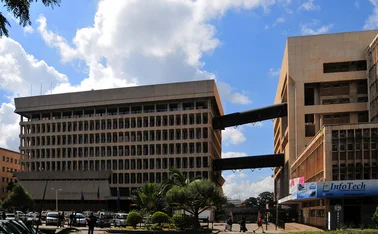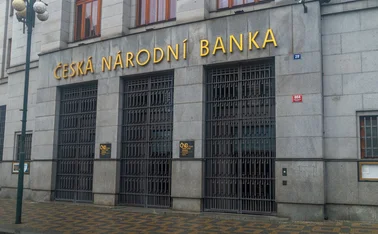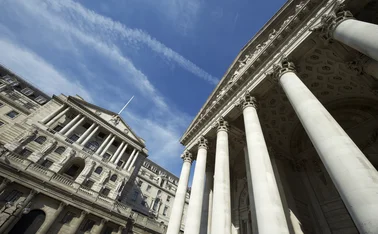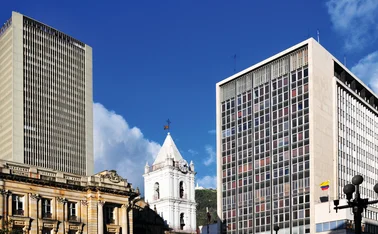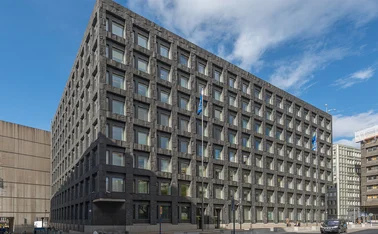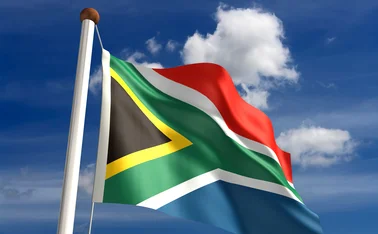
Kazakhstan hikes main rate as food prices balloon
Government reaches into its non-monetary toolbox to help tackle inflation

The National Bank of Kazakhstan raised the policy rate another 25 basis points to 9.5% in its September meeting, as food inflation climbed higher.
The central bank already pushed the main rate up 25bp two months ago in a bid to ease inflationary pressures. At the time, the board hinted at possible further tightening if inflation persisted.
Prices for goods and services surged by 8.7% in August from a year earlier, after posting annual growth of 8.4% in July, official data shows.
Food prices
Only users who have a paid subscription or are part of a corporate subscription are able to print or copy content.
To access these options, along with all other subscription benefits, please contact info@centralbanking.com or view our subscription options here: www.centralbanking.com/subscriptions
You are currently unable to print this content. Please contact info@centralbanking.com to find out more.
You are currently unable to copy this content. Please contact info@centralbanking.com to find out more.
Copyright Infopro Digital Limited. All rights reserved.
As outlined in our terms and conditions, https://www.infopro-digital.com/terms-and-conditions/subscriptions/ (point 2.4), printing is limited to a single copy.
If you would like to purchase additional rights please email info@centralbanking.com
Copyright Infopro Digital Limited. All rights reserved.
You may share this content using our article tools. As outlined in our terms and conditions, https://www.infopro-digital.com/terms-and-conditions/subscriptions/ (clause 2.4), an Authorised User may only make one copy of the materials for their own personal use. You must also comply with the restrictions in clause 2.5.
If you would like to purchase additional rights please email info@centralbanking.com
